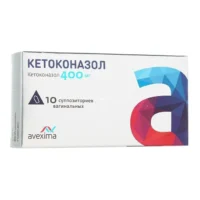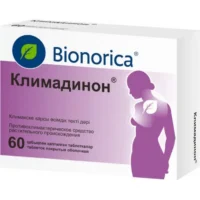Description
Siluet (Dienogest, Ethinylestradiol) Coated Tablets 2 mg/0.03 mg. №21
Ingredients
- Dienogest 2 mg
- Ethinylestradiol 0.03 mg
Dosage
The recommended dosage is one tablet daily for 21 consecutive days, followed by a 7-day tablet-free interval.
Indications
Siluet tablets are indicated for use as oral contraception to prevent pregnancy.
Contraindications
Do not use Siluet tablets if you have a history of thromboembolic disorders or if you are pregnant.
Directions
Take one tablet daily at the same time each day with water. Follow the 21-day on, 7-day off dosing schedule.
Scientific Evidence
Studies have shown that the combination of dienogest and ethinylestradiol in Siluet tablets effectively inhibits ovulation and alters the cervical mucus, reducing the risk of pregnancy.
Additional Information
Siluet tablets have been well-tolerated in clinical trials, with common side effects including nausea, breast tenderness, and breakthrough bleeding. Comparative studies indicate similar efficacy and safety to other oral contraceptives, making Siluet a reliable option for effective birth control.





